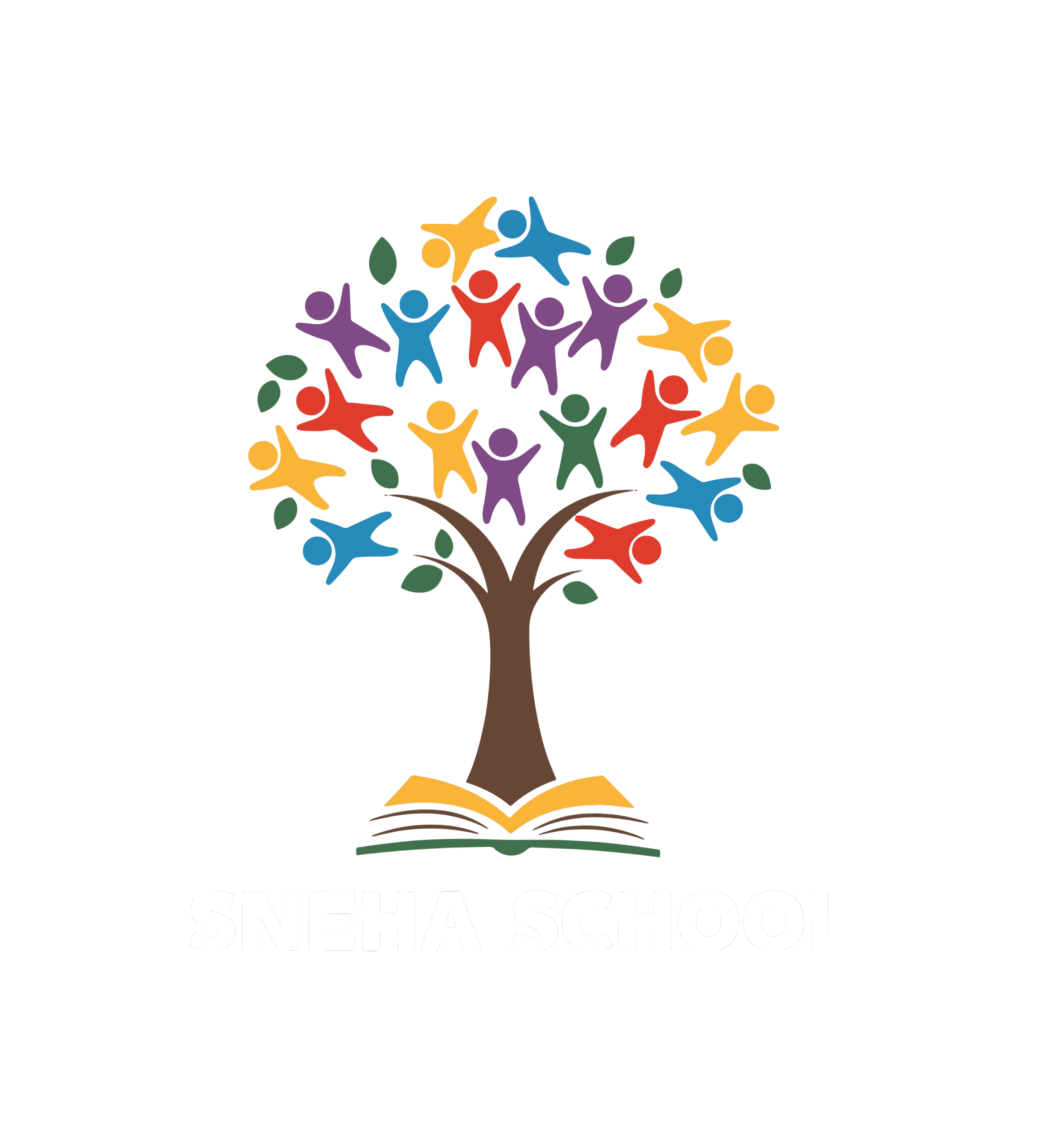
Igniting Bright Futures Through Early Childhood Education
Copyright © 2025. All rights reserved.
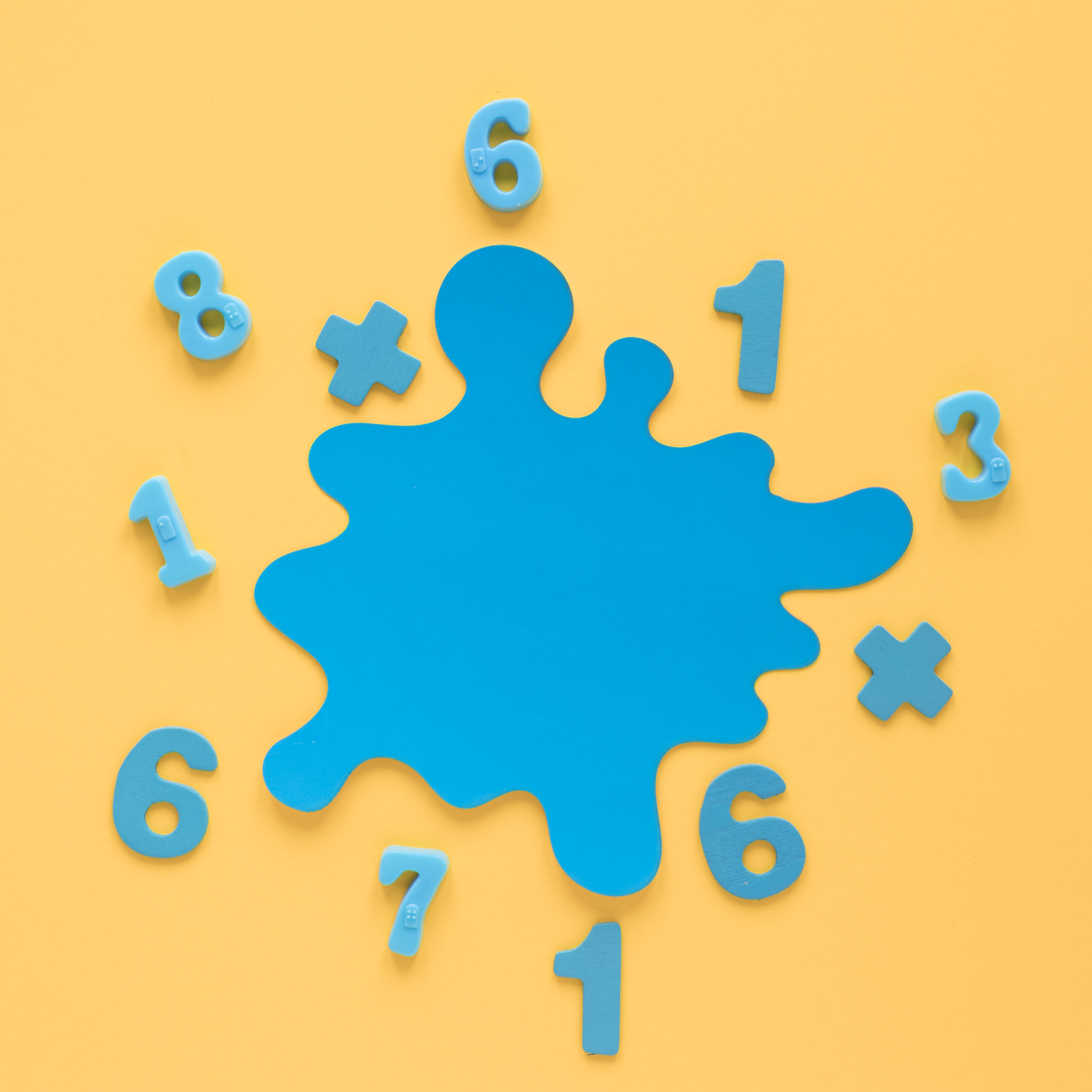
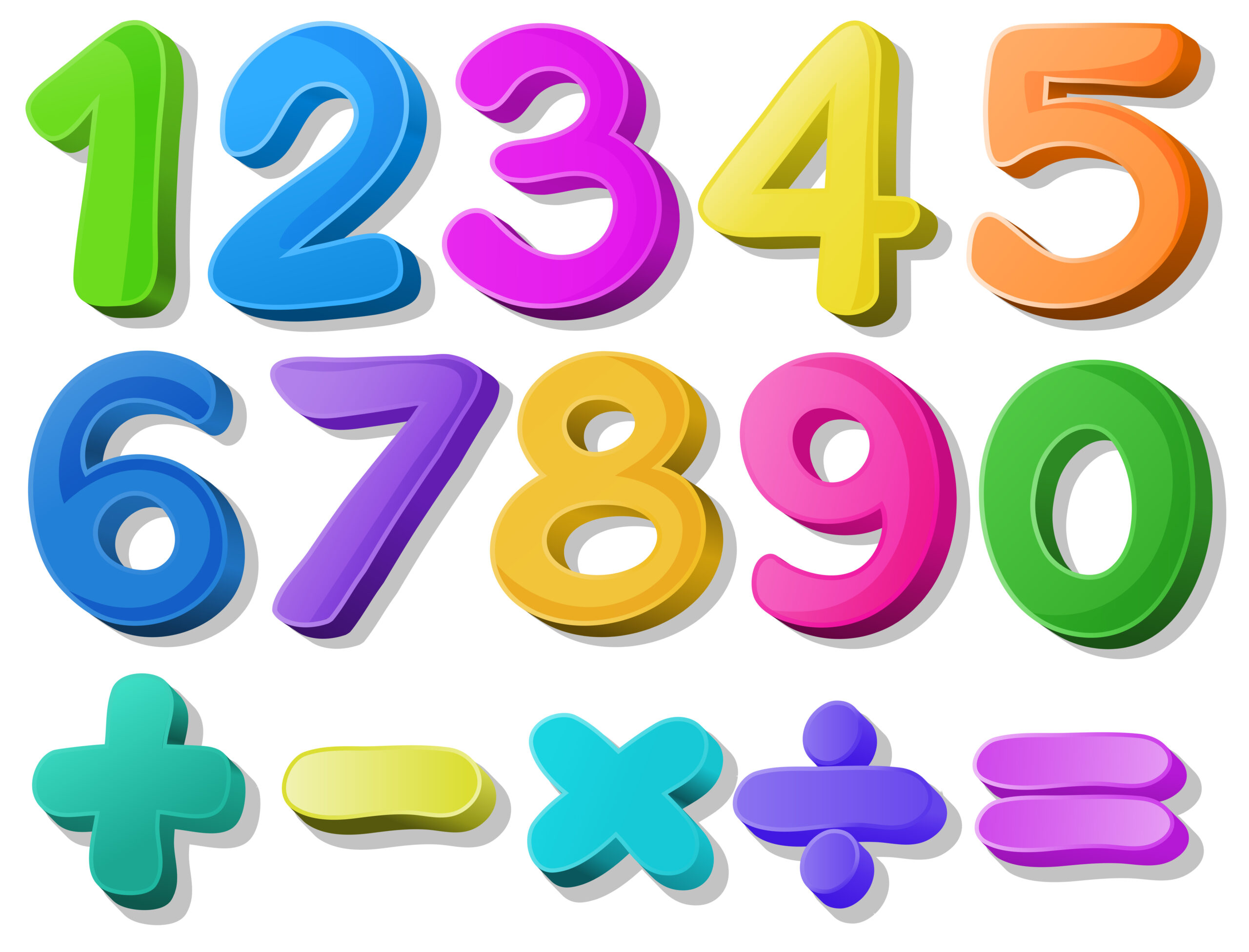
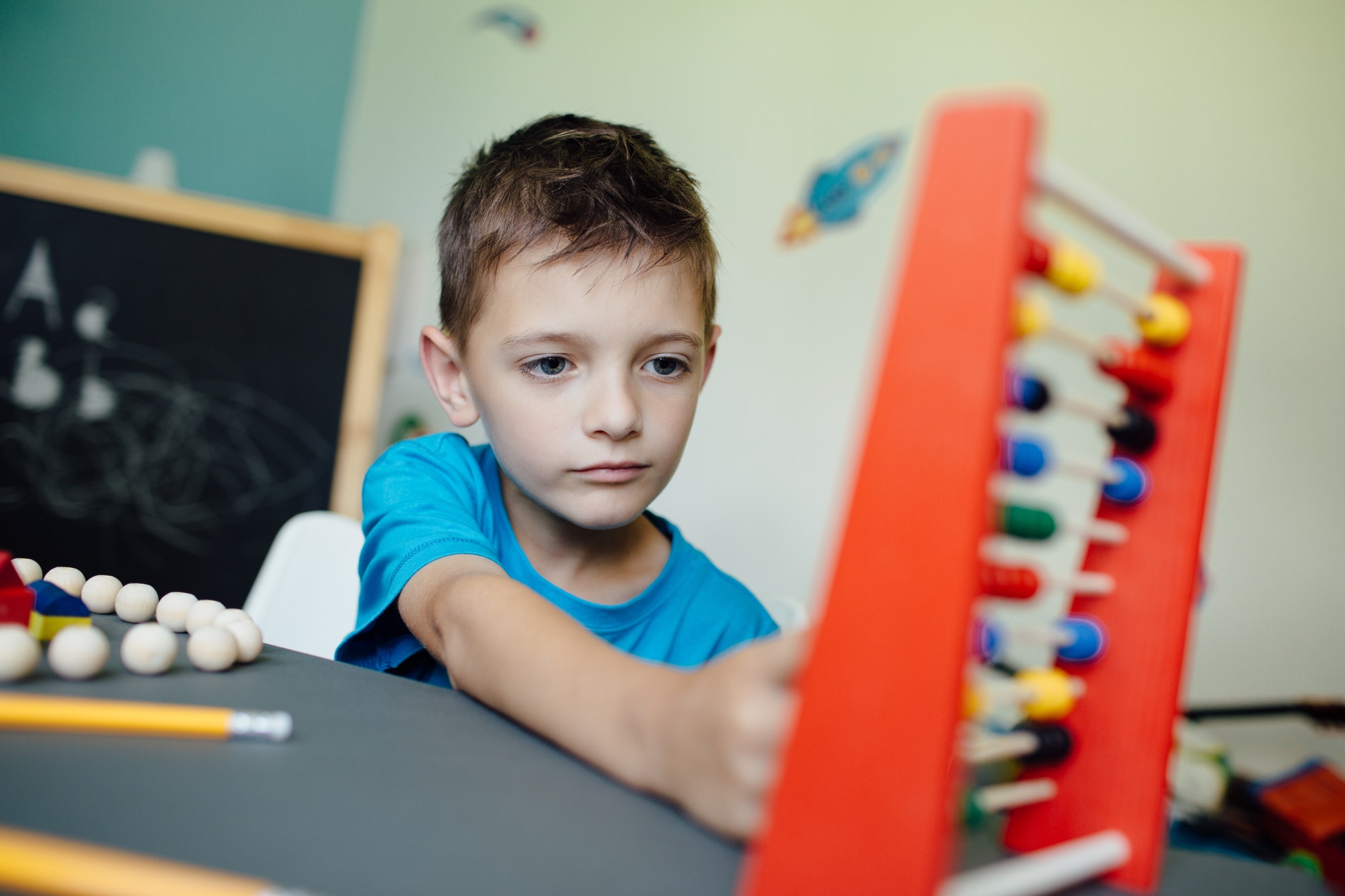
Math class in Playschool introduces foundational concepts like counting, shapes, and patterns through playful activities, building early logical thinking and problem-solving skills.
Early exposure to mathematical concepts in a playful setting offers numerous long-term benefits for preschoolers:
Develops Logical Thinking and Reasoning: Children learn to observe, compare, classify, and make simple deductions, which are critical for problem-solving in all areas of life.
Builds Number Sense: Understanding what numbers represent (quantity), rather than just reciting them, is fundamental. They learn one-to-one correspondence (one object for one number count).
Enhances Problem-Solving Skills: Engaging with math through play encourages children to think critically and find solutions to small, age-appropriate challenges.
Strengthens Spatial Reasoning: Working with shapes, puzzles, and building blocks helps children understand spatial relationships, direction, and how objects fit together.
Fosters Pattern Recognition: Identifying and creating patterns (e.g., ABAB, red-blue-red-blue) is a key pre-algebra skill and helps children predict and understand sequences.
Boosts Vocabulary and Communication: Using mathematical terms correctly enhances their language skills and ability to describe observations.
Increases Attention Span and Concentration: Engaging activities like counting, sorting, or completing puzzles require focus and help to extend a child's concentration time.
Cultivates a Positive Attitude Towards Math: Introducing math through fun and success builds confidence and prevents "math anxiety" later in life.
Prepares for Formal Learning: These foundational experiences create a strong base for more structured math education in kindergarten and beyond
Early exposure to mathematical concepts in a playful setting offers numerous long-term benefits for preschoolers:
Develops Logical Thinking and Reasoning: Children learn to observe, compare, classify, and make simple deductions, which are critical for problem-solving in all areas of life.
Builds Number Sense: Understanding what numbers represent (quantity), rather than just reciting them, is fundamental. They learn one-to-one correspondence (one object for one number count).
Enhances Problem-Solving Skills: Engaging with math through play encourages children to think critically and find solutions to small, age-appropriate challenges.
Strengthens Spatial Reasoning: Working with shapes, puzzles, and building blocks helps children understand spatial relationships, direction, and how objects fit together.
Fosters Pattern Recognition: Identifying and creating patterns (e.g., ABAB, red-blue-red-blue) is a key pre-algebra skill and helps children predict and understand sequences.
Boosts Vocabulary and Communication: Using mathematical terms correctly enhances their language skills and ability to describe observations.
Increases Attention Span and Concentration: Engaging activities like counting, sorting, or completing puzzles require focus and help to extend a child's concentration time.
Cultivates a Positive Attitude Towards Math: Introducing math through fun and success builds confidence and prevents "math anxiety" later in life.
Prepares for Formal Learning: These foundational experiences create a strong base for more structured math education in kindergarten and beyond
Teaching math in playschool is highly interactive and relies on hands-on activities that tap into a child's natural curiosity.
Integrating Math into Daily Routines:
Hands-On Learning Centers/Activities:
Games and Songs:
Teacher as a Facilitator and Observer:
Making Math Visible: Pointing out numbers in books, on clocks, or shapes in the environment.
Lorem ipsum dolor sit amet, consectetur adipiscing elit, sed do eiusmod tempor incididunt.
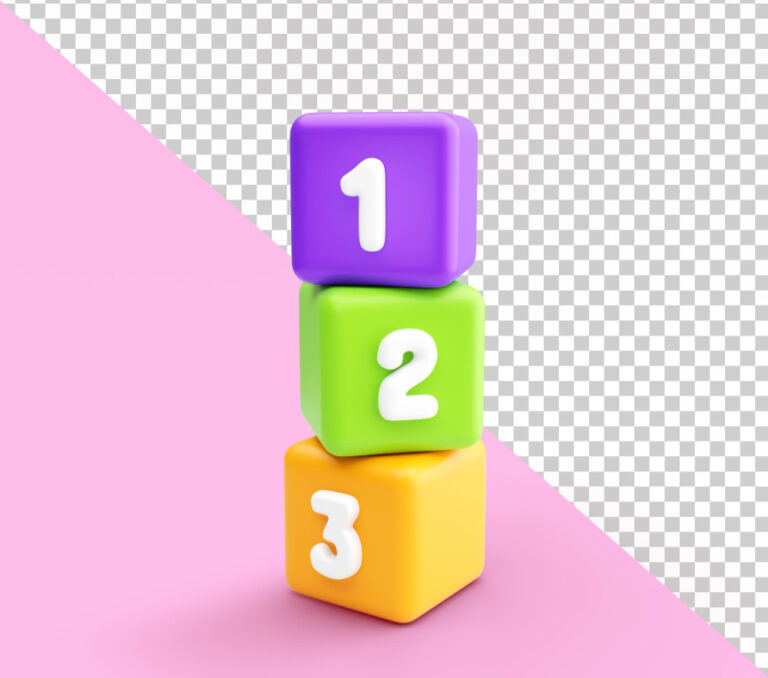
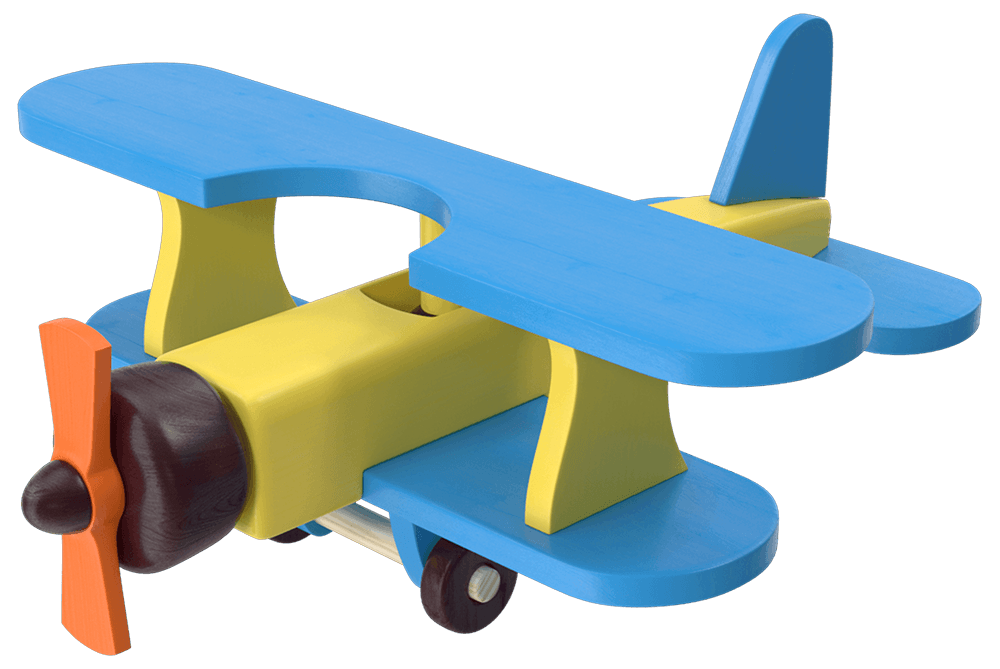
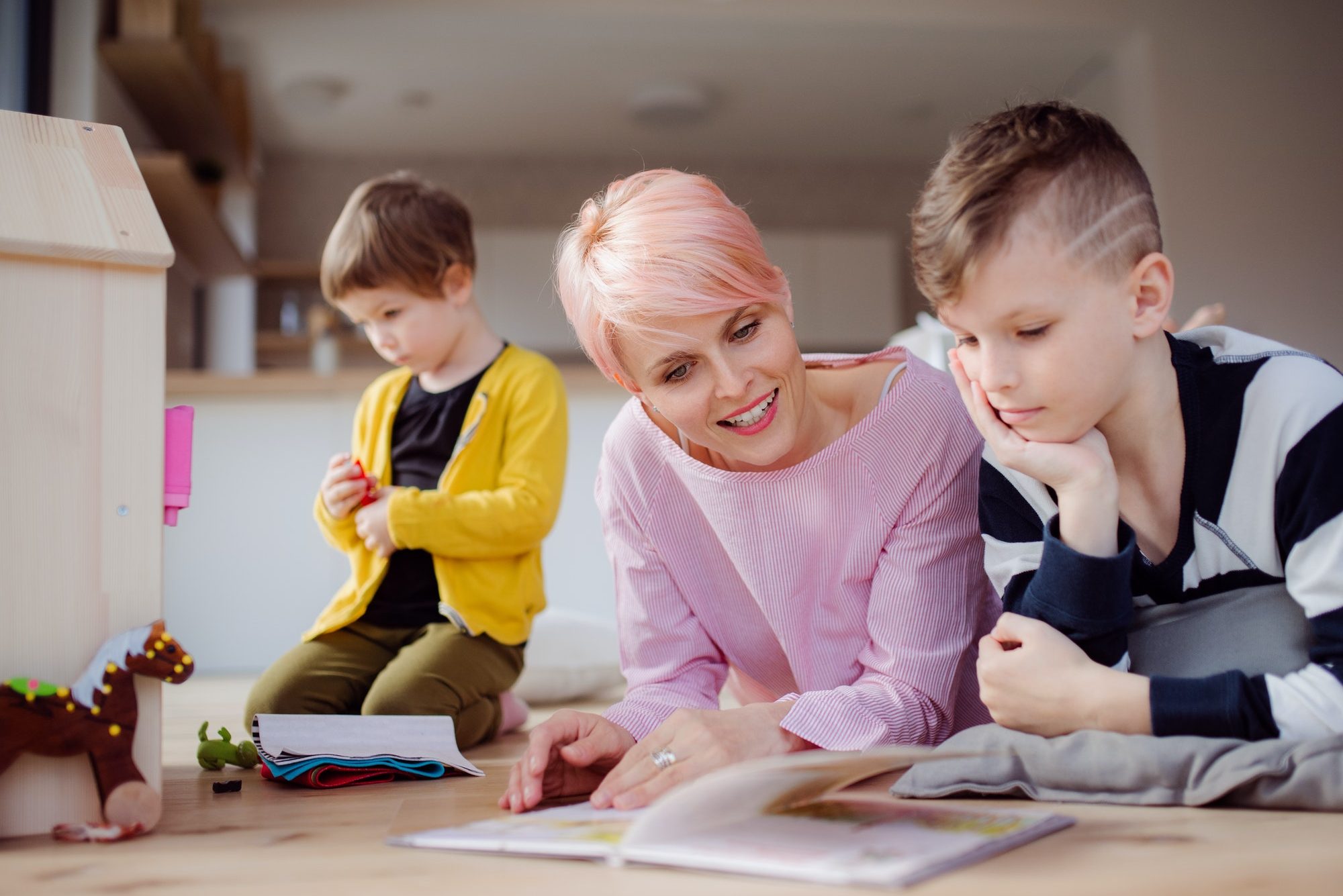
Reading class in playschool cultivates an early love for books, fostering language development and imaginative thinking through stories and shared experiences
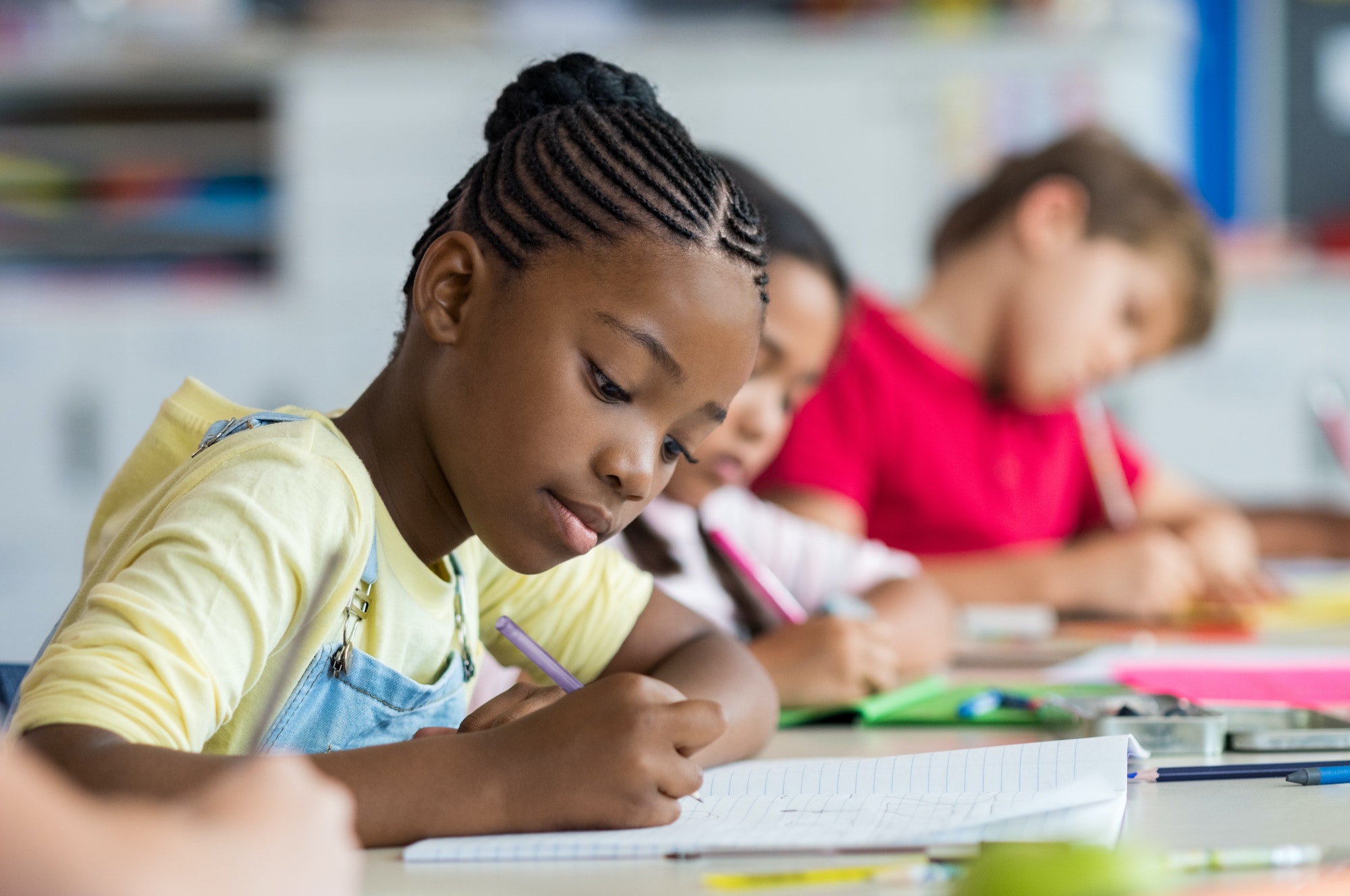
Writing class in playschool introduces pre-writing skills and letter recognition, fostering fine motor development and early communication through playful mark-making and tracing.
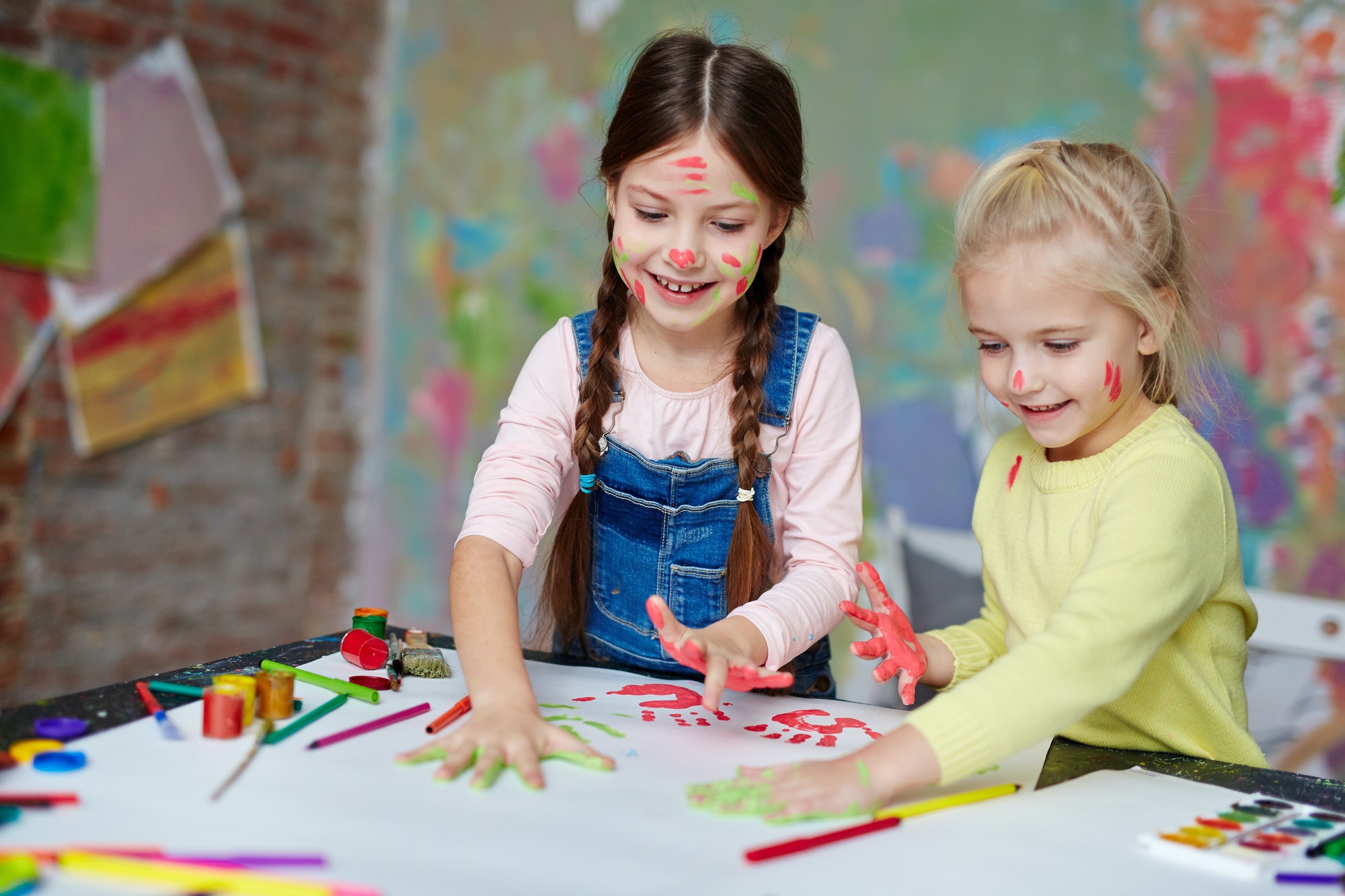
Painting class in playschool fosters vibrant self-expression and sensory exploration, developing a child’s creativity and understanding of colors and textures..
At Sneha School, we believe in enlightening children by entertaining them, fostering a unique journey from dependence to independence in a truly magical environment.
Reach out and discover the Sneha School difference.

Igniting Bright Futures Through Early Childhood Education
Copyright © 2025. All rights reserved.